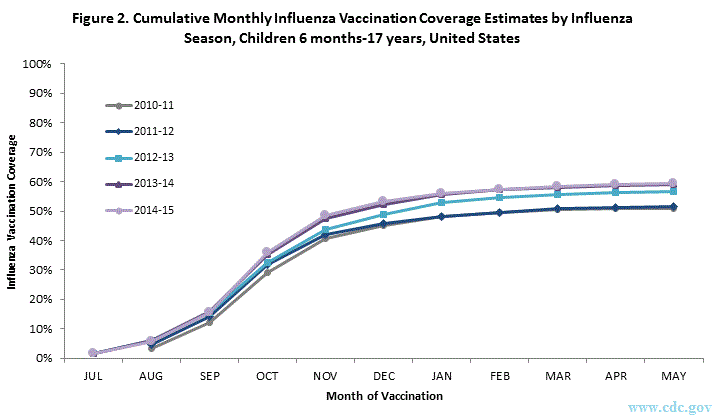

Fountain Valley Urgent Care Permanently Closed. We’re Here to Care for You at Our Other Locations.

As El Niño returns to Southern California, remember that weather changes can affect your health in ways that are easy to overlook, living in our usual sunny Mediterranean climate. Here are five ways to stay safe and healthy during a storm:
1. Get Your Flu Shots 
Shifts in rainfall and temperature can change how migratory birds act. Birds can carry strains of the influenza virus, which may find their way to you. Harsh conditions cause these birds to separate from their normal migration patterns, to regroup once the storm has passed. Since the virus can mutate differently in separated groups, it’s possible that these birds can return with different strains of the influenza virus.
Annual fall and winter vaccines are the best way to keep yourself protected from the flu, and you can schedule an appointment for one here.
2. Know the Risks of Contaminated Food and Water
Though it’s natural to assume that tap water is safe to drink, floods during heavy rains can contaminate the water supply, causing sickness if ingested. Listen for any news announcements advising against drinking municipal tap water. If there’s any doubt, boil it for one minute (three minutes if you’re above 6,500 feet) before using it for anything that could be ingested (cooking, bathing, brushing your teeth).
Also, throw away any food that may have been touched by flood water, and be sure to check for food spoilage after a power outage.
3. Prepare and Use Safety Measures in Your Home
There are potential structural, electrical, and gas-related hazards in your home that can “activate” after a disaster like a flood. Keep electrically powered objects as far from the ground as possible and away from anywhere that water may reach it. Make sure that you are in a well-ventilated area when using stoves, generators and engines because these can give off odorless, yet deadly carbon monoxide gas (it’s best to avoid running a combustion engine indoors, period). To prevent the growth of bacteria, viruses, mold, and mildew that can cause illness, disinfect and dry out buildings and the items in them. Remember to also stay warm and dry during the periods of heavy rainfall.
4. Protect Yourself from Mosquitoes
Flooding rain creates ideal breeding conditions for these flying insects, which can carry disease. While they may not be prominent during the storm itself, the pools of standing water that remain afterwards are great breeding grounds for mosquito larvae. Wearing long-sleeved and long-legged clothing are two easy ways to protect yourself from mosquitoes, as well as using a DEET-containing repellant, and minimizing outdoor time if possible during dusk and dawn, when mosquitoes are at their most active.
5. Drive with Caution
Driving through flooded roads can often cause automobiles to stall, or even be swept away. Avoid rushing water of unclear depth, and drive slowly when the roads are wet. Remember: roads are often the slickest after a rain preceded by a drought, and many Southern Californians aren’t used to the change in how cars behave when the road is drenched.
Stay safe and calm this winter.
Share Your Valuable Thought